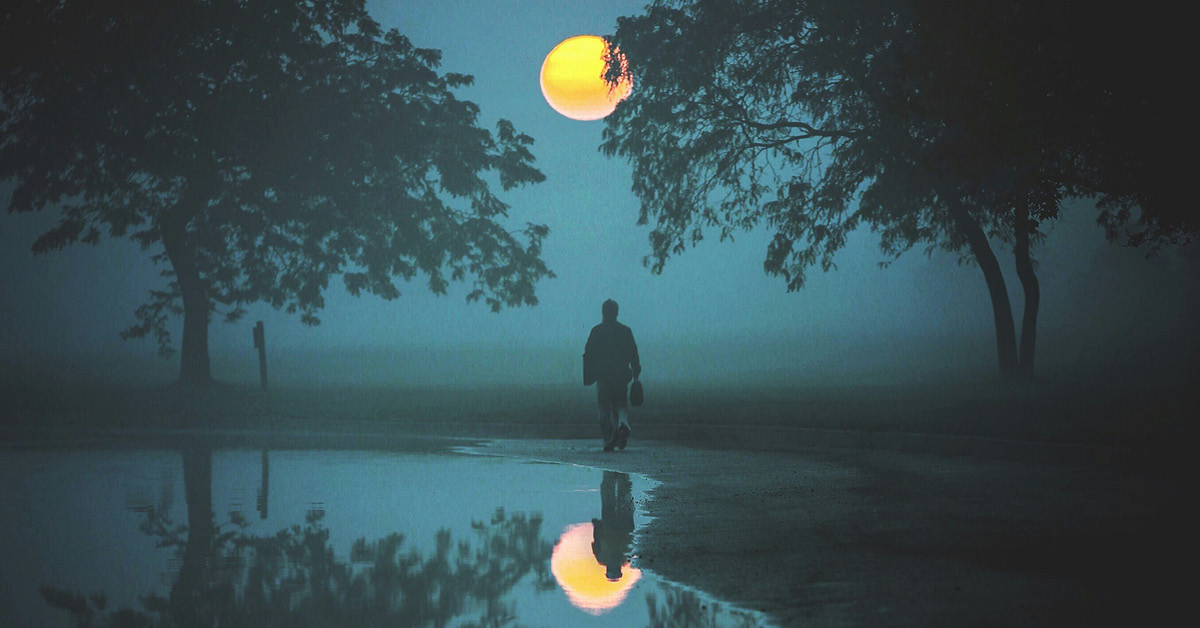

On 23rd August 2023, India successfully landed a spacecraft close to the south pole of the moon, to great national acclamation – having won the race with Russia who (to unacknowledged national shame) failed to do the same when their spacecraft crashed on 19th August. The point of landing at the south pole of the moon, we are told, is that it seems certain that there is water there, preserved by the icy darkness of that lunar region. And water would be essential if humans were inclined to spend any length of time resident up there. Fresh water for moon-dwellers! Hooray!
Meanwhile back on earth, just two months earlier, on 6 June, Russia (by all plausible accounts it is assumed to have been Russia) destroyed the Kakhovka Dam in Ukraine, with the total wastage of an unimaginable quantity of fresh water for earth-dwellers. That dam, holding some 35% of Ukraine’s fresh water, supplied close to one million people with water for drinking and sanitation, and for vital irrigation over a vast and massively productive area. Its destruction has not only devastated the lives and livelihoods of hundreds of thousands of humans, it has caused massive loss of habitat and biodiversity, and serious pollution of the Dnipro River, killing untold quantities of fish and aquatic creatures and other animals. It has caused virtually irreparable degradation of a whole ecosystem. It was a crime against the earth itself: ecocide.
I find it hard to think of a clearer example of the sheer lunacy of human folly than for the same people at almost the same time to be searching for fresh water on the moon (where we might never live), while intentionally destroying vast quantities of the diminishing store of the precious stuff on the earth (where we actually do live).
And that is just one spectacular act among the myriad ways in which humans are destroying the earth and its precious resources, and paying the cost in the worsening impacts of global heating and climate chaos.
And God is not pleased. In fact, the Bible makes it very clear that God is profoundly angered when humans ruin and ravage the beautiful earth he entrusted to us with its three great creational spaces in Genesis 1 and their respective fillings: the air, the waters and the dry land, all now threatened by our abuse. (And isn’t it interesting how the word “biblical” is used to describe anything awesomely vast – like floods and fires). We are not the first destructive generation of humanity, though we are certainly the worst.
In biblical times, as now, war was terribly destructive of the natural environment. Trees were felled in vast quantities for siege engines. Crops, orchards, olive groves and vineyards were systematically destroyed. Sometimes land would be salted to make it infertile. Wells were poisoned, flocks and herds slaughtered. God’s anger against such behaviour was particularly targeted at Babylon, so much so that the very word became not only the historical name of the actual enemy of Judah who destroyed their land, city and temple in the 6th century BC, but also a symbol of universal humanity united in enmity against God and his people – and destroying God’s earth in the process.

“Babylon,” above all, is the target of God’s judgement, historically and in the eschatological future. And Babylon’s destruction of nature – the earth itself – is spelt out several times among the many dimensions of their arrogance and evil.
Habakkuk lambasts the devastating impact of Nebuchadnezzar’s wars in the region, on forests, animals, people, land and cities. (“Lebanon” stands for the felling of its great cedar trees.)
The violence done to Lebanon will overwhelm you,
as will the destruction of the beasts that
terrified them,
for the blood of man and violence to the earth,
to cities and all who dwell in them. (Hab 2:17 ESV)
Isaiah pictures the trees themselves rejoicing when the king of Babylon sinks down dead to the underworld. His fall means they will no longer be felled.
All the lands are at rest and at peace;
they break into singing.
Even the junipers and the cedars of Lebanon
gloat over you and say,
“Now that you have been laid low,
no one comes to cut us down.” (Isa 14:7–8 NIV)
Jeremiah, in his enormous oracle of condemnation of Babylon, simply calls that evil empire a destroyer of the earth.
“I am against you, you destroying mountain,
you who destroy the whole earth,”
declares the LORD. (Jer 51:25)
John quotes that verse of Jeremiah in his portrayal of God’s ultimate judgement on evil powers that have wreaked not only death on human beings but are indeed “destroyers of the earth.” With the seventh trumpet, the twenty-four elders cry out,
“The time has come for judging the dead …
and for destroying those who destroy the earth.” (Rev 11:18).
God is not mocked. We reap what we sow, and what a terrifying harvest we are now indeed reaping on the earth we have so vilely abused. For what will it profit the human race to gain all the water on the moon while losing the earth’s own soul – this miraculously watered blue planet? Or on a smaller but still scandalous scale, who profits when those who deliver fresh water to our taps are at the same time poisoning with sewage the very sources of fresh water in our rivers, lakes and aquifers?
Coming back to water itself – H2O has been described as “the universe’s most miraculous molecule.” It covers 70% of the earth’s surface and constitutes 75% of our bodies. It is almost the only substance known to us that expands (rather than contracts) as it cools from liquid to solid state, so that water freezes from the top downwards, ice floats, and life can go on in the depths beneath. 97% of the earth’s water is in the salty oceans, but the amazing dynamic cycle of evaporation, condensation in clouds, precipitation in rain and snow, gives us the remaining 3% as fresh water that keeps us all alive (as Psalm 104:6–13 observes), though about 70% of that fresh water is locked up in the polar ice-caps that we are slowly melting back into the oceans …
No wonder water is a constant image in the Bible for life itself, for salvation, for fruitfulness, for the Lord Jesus Christ and the Holy Spirit. Indeed, it is how God describes himself through Jeremiah:
My people have committed two sins:
They have forsaken me,
the spring of living water,
and have dug their own cisterns,
broken cisterns that cannot hold water.
(Jer 2:13)
I think Jeremiah would have nodded at the similar ironic and futile stupidity of squandering our existing supplies of earth’s fresh water while digging for water on the moon, and crashing spaceships in the process … It’s the kind of thing humans do when they collectively abandon the living God and his gifts of grace – in creation and redemption.
No wonder either, then (to conclude with biblical hope), that water features prominently in John’s climactic vision of the new creation. Don’t be put off by the words “there was no longer any sea” (Rev 21:1). Earlier in Revelation – as also in the Old Testament – the sea has been the symbol of chaotic evil, the place where the dragon stands and from where one of the “beasts” emerges (Rev 13:1). So those words about the new heaven and new earth imply the ending of all such sources of evil, rebellion and deception, rather than a literal description of new creation geography.
Then comes the beautiful vision of the glory of God in the new creation that draws the whole drama of Scripture to a close. We won’t need the light of the sun. And we certainly won’t need water from the moon either.
Then the angel showed me the river of the water of life, as clear as crystal, flowing from the throne of God and of the Lamb down the middle of the great street of the city. On each side of the river stood the tree of life, bearing twelve crops of fruit, yielding its fruit every month. And the leaves of the tree are for the healing of the nations. (Rev 22:1–2)
… for the healing not just of the enmities and hostilities of the nations, but also for the healing of their destructive madness and folly.
Amen. Come Lord Jesus!
Rev Dr Chris Wright is Global Ambassador and Ministry Director of Langham Partnership, the author of many books including commentaries on Exodus, Deuteronomy, Jeremiah, Lamentations and Ezekiel, and is a Senior Research Fellow of the KLC.

Get the latest issue in print or subscribe for the next three.